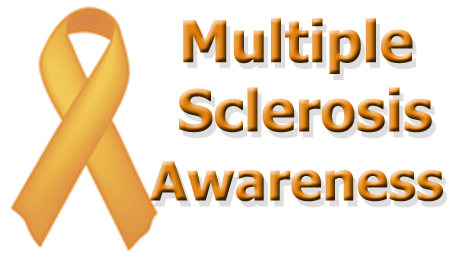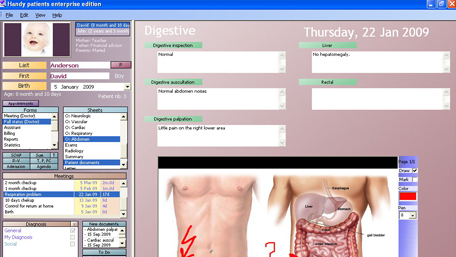
10/17/2020
Hot Topics of the Day are picked by experts to capture the latest information and publications on public health genomics and precision health for various diseases and health topics. Sources include published scientific literature, reviews, blogs and popular press articles.
Sign up MyPHGKB to receive the daily hot topic email alert.
Archived Hot Topics of the Day By Date
Integrated characterization of SARS-CoV-2 genome, microbiome, antibiotic resistance and host response from single throat swabs
B Lu et al, BIORXIV, October 15, 2020
Molecular characterization of SARS-CoV-2 from Bangladesh: Implications in genetic diversity, possible origin of the virus, and functional significance of the mutations
MM Rahman et al, BIORXIV, October 16, 2020
Early Prediction of COVID-19 Severity Using Extracellular Vesicles and Extracellular RNAs
Y Fujita et al, MEDRXIV, October 16, 2020
CoViD-19, learning from the past: A wavelet and cross-correlation analysis of the epidemic dynamics looking to emergency calls and Twitter trends in Italian Lombardy region
BA Rivieccio et al, MEDRXIV, October 16, 2020
sMAdCAM:IL-6 (sMIL Index): A novel signature associated with COVID-19 disease progression and development of anti-SARS-CoV-2 antibodies
D Jagtap et al, MEDRXIV, October 16, 2020
A cut above: pair that developed CRISPR earns historic award
J Cohen, Science, October 16, 2020
Ensemble learning predicts multiple sclerosis disease course in the SUMMIT study
Y Zhao et al, NPJ Digital Medicine, October 16, 2020
Fusion of medical imaging and electronic health records using deep learning: a systematic review and implementation guidelines
SC Huang et al, NPJ Digital Medicine, October 16, 2020
Preventive digital mental health interventions for children and young people: a review of the design and reporting of research
AD Bergin et al, NPJ Digital Medicine, October 15, 2020
Disclaimer: Articles listed in Hot Topics of the Day are selected by Public Health Genomics Branch to provide current awareness of the scientific literature and news. Inclusion in the update does not necessarily represent the views of the Centers for Disease Control and Prevention nor does it imply endorsement of the article's methods or findings. CDC and DHHS assume no responsibility for the factual accuracy of the items presented. The selection, omission, or content of items does not imply any endorsement or other position taken by CDC or DHHS. Opinion, findings and conclusions expressed by the original authors of items included in the Clips, or persons quoted therein, are strictly their own and are in no way meant to represent the opinion or views of CDC or DHHS. References to publications, news sources, and non-CDC Websites are provided solely for informational purposes and do not imply endorsement by CDC or DHHS.
- Page last reviewed:Feb 1, 2024
- Page last updated:Apr 21, 2024
- Content source:






